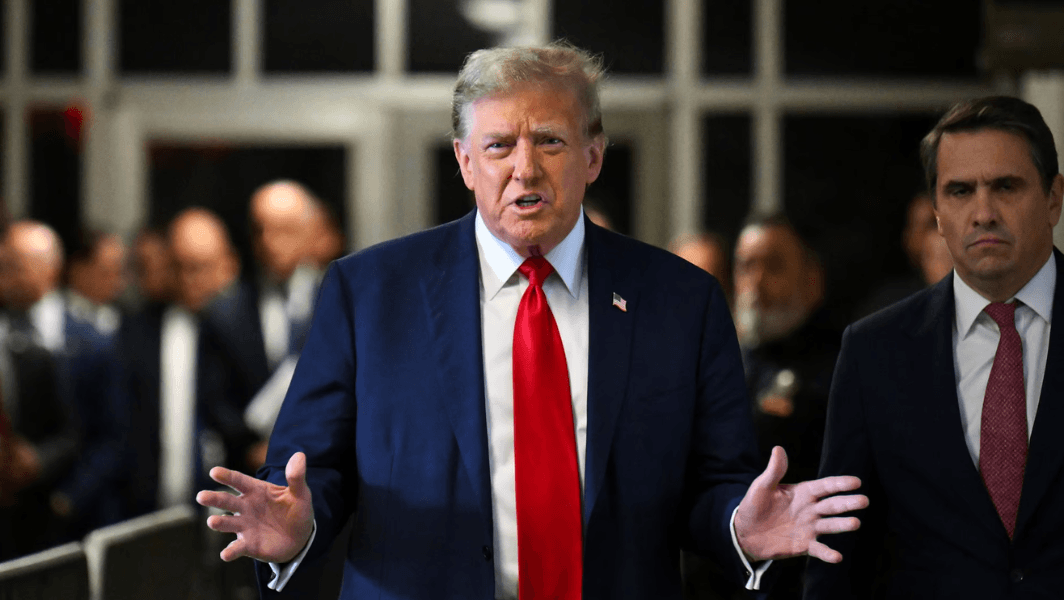
US Supreme Court Grants Immunity to Donald Trump for Presidential Actions
Landmark Ruling Shields Former President from Criminal Prosecution
In a historic decision, the US Supreme Court has ruled that former President Donald Trump is immune from criminal prosecution for actions taken while in office. This ruling sets a significant precedent regarding presidential powers and legal accountability.
What the Supreme Court Ruled
The Supreme Court’s ruling establishes that a former president cannot be prosecuted for official acts carried out during their presidency. This decision effectively shields Trump from certain legal actions tied to his time in office.
The ruling marks a significant moment in US constitutional law, reinforcing the legal principle that a sitting or former president enjoys immunity for official duties. However, it leaves room for interpretation regarding what qualifies as an official act versus personal or political actions.
Implications of the Decision
The Supreme Court's ruling has far-reaching consequences, particularly for ongoing legal proceedings involving Trump:
-
Protection from Federal and State Prosecutions
Trump may now be shielded from criminal charges related to decisions made while he was president. This could impact cases concerning his role in the 2020 election interference, the January 6 Capitol riot, and other controversies. -
Legal Precedent for Future Presidents
This ruling could set a new precedent, making it more difficult to prosecute future presidents for their actions in office, even after they leave the White House. Critics argue this could lead to an expansion of executive power with reduced legal consequences. -
Potential Political Ramifications
With Trump actively campaigning for a return to the White House in 2024, the decision may influence public perception of his candidacy. Supporters see it as vindication, while opponents argue it could weaken the accountability of future presidents.
Reactions to the Ruling
The Supreme Court's decision has drawn mixed reactions across political and legal circles:
Trump and his legal team welcomed the ruling, calling it a victory for presidential authority and protection from politically motivated prosecutions.
Democratic leaders and legal experts expressed concern, warning that the ruling could erode checks and balances by granting a president broad immunity from legal consequences.
Constitutional scholars have debated the implications, with some arguing that the decision protects the sanctity of the presidency, while others believe it weakens judicial oversight.
What Happens Next?
While the ruling limits criminal prosecution for Trump’s presidential actions, it does not grant him full immunity from cases involving personal actions or conduct outside official duties.
Legal analysts expect further court battles over whether specific actions—such as pressuring officials to overturn election results—constitute official presidential acts or private conduct.
As the 2024 presidential election approaches, this ruling is likely to shape both legal proceedings and political narratives, influencing Trump's path to reclaiming the presidency.
For any enquiries or information, contact info@thelawreporters.com or call us on +971 52 644 3004. Follow The Law Reporters on WhatsApp Channels